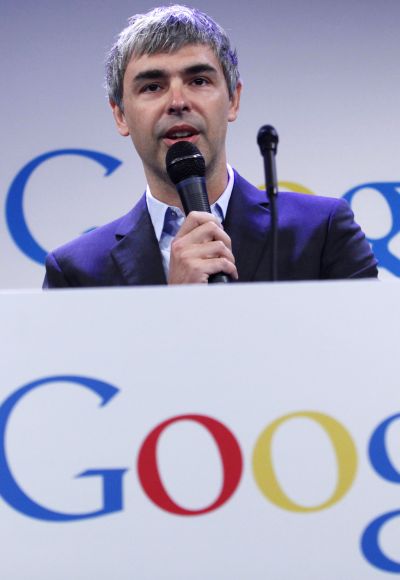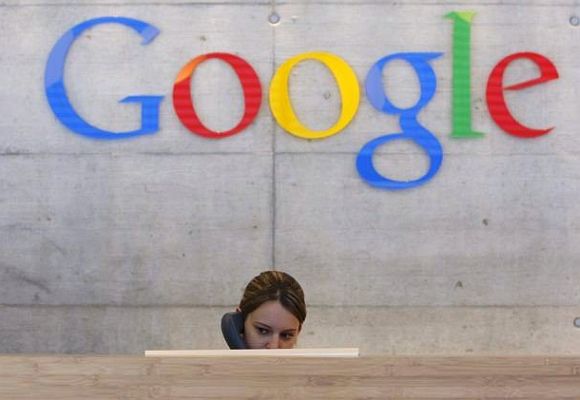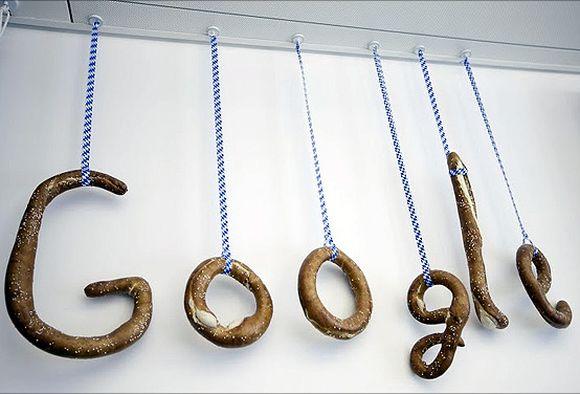Photographs: Eduardo Munoz/Reuters Rob Cox in New York
Google knows a thing or two about rapid shifts in technology usage. After all, the search giant has built its $300 billion market cap by effectively gutting the print world of its advertising dollars over the past decade.
So it is somewhat surprising - and a potential source of Schadenfreude for those whose livelihoods were Googled - to see the group led by Larry Page fumbling with a market transition of its own.
The Mountain View monopoly failed to live up to the expectations of its investors in the second quarter of the year.
Google reported earnings per share of $9.56, below the $10.83 that had been forecast by analysts polled by Thomson Reuters.
Revenues were light too, coming in at $14.1 billion instead of the $14.35 billion that had been anticipated. Though Google famously eschews giving guidance to Wall Street, this is a rare miss.
…
Google's bread and butter business declines
Image: An employee answers phone calls at the switchboard of the Google office.Photographs: Christian Hartmann/Reuters
As with any large company, there are many reasons. Most worrying for shareholders is the one that the dinosaurs of print can most sympathise with.
Google butters its bread by selling …
Google's bread and butter business declines
Image: The Google logo is made out of Bavarian pretzels.Photographs: Courtesy, Google
Veterans of the incredible print disappearance of the 21st century, however, can't yet delight in any delicious irony.
Aggregate paid .
The challenge for Google will be to manage this transition with more aplomb than its print predecessors - and with more reliability than it did in the latest quarter.
The author is a Reuters Breakingviews columnist. The opinions expressed are his own.





article